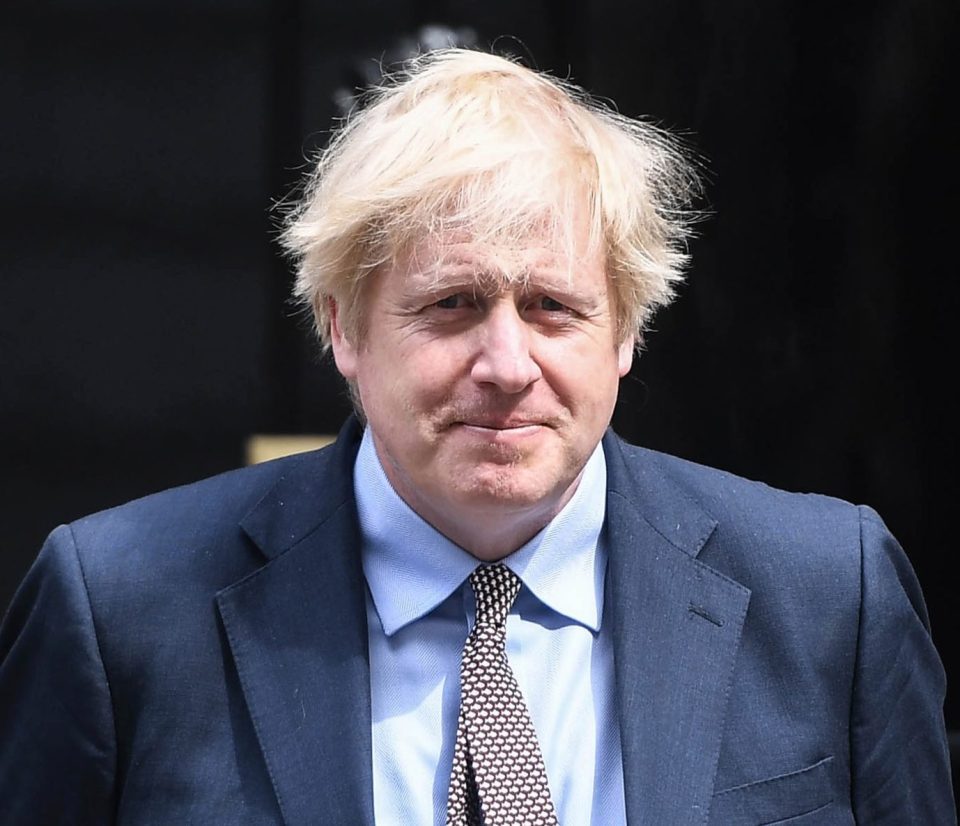MORE than four years after the UK voted to leave the EU – Britain is in a deadlock with European leaders over a post-Brexit deal.
As the December 31 transition deadline looms, talks remain on a knife edge, with the EU and UK still disagreeing over issues including fishing rights, a level playing field and governance.

What is a No Deal Brexit?
A No Deal departure from the European Union means leaving without formal arrangements for the future relationship.
While Britain was part of the EU, its trade, customs and immigration rules were tied up with the single market and a host of EU regulatory bodies.
At 11pm on January 31, 2020 Britain left the EU, leaving a transition period of 11 months for the EU and Britain to draw up and agree on the details of a deal.
The transition period will end on December 31 2020, but talks between the two sides are still gridlocked.
On December 7, Boris Johnson will tell EU leaders he vows to stand firm against Brexit demands from France as the final deadline for an agreement looms.
The Prime Minister is believed to be ready to pull out of talks over EU demands within hours.
Mr Johnson could then announce Britain is pushing ahead with a No Deal, meaning a clean break from Brussels.
After four years, five months and 14 days of negotiations, a source close to the PM said: “It really is end game stuff now.
“If by close of play Monday there is no movement there’ll at least be a question about whether it’s worth carrying on.
“We’re not going to give in to EU demands preventing us taking back control of the rules Britons live under. It’s as simple as that.”
If there is no arrangement for our future relationship by the end of this period then Britain will have left the EU with no deal and will trade on World Trade Organisation rules.

What is the latest Boris Johnson has said about a no-deal Brexit?
In a joint statement from Boris Johnson and president of the European Commission Ursula Von Der Leyen, both sides admitted that “significant differences remain on three critical issues: level playing field, governance and fisheries”.
The statement said that no agreement is possible if these issues are not resolved.
It continued: “Whilst recognising the seriousness of these differences, we agreed that a further effort should be undertaken by our negotiating teams to assess whether they can be resolved.”
Boris Johnson is due to talk to the the president of the Commission on the evening of December 7 to assess the progress made during talks over the weekend.
But what is unclear from the statement is whether either – or both – of the two leaders was prepared to shift ground during the call in a way that would enable their negotiators to bridge the gaps.
On October 16, 2020, Boris Johnson warned that a no deal was likely if EU official didn’t make a “fundamental change of approach” to negotiations.
What happens if there is no Brexit deal?
To avoid a No Deal, the UK government must agree on its future relationship with the EU – the aims of which were established in the 27-page political declaration.
The three main issues remain calls from Brussels for a level playing field, governance and access to fishing rights in UK waters.
The UK will remain a member of the single market and the customs union until the transition period ends on December 31 2020.
If we leave without a deal we will not be a member of either and will not have a plans with the EU firmed up to replace it, which means Britain will be forced to trade according to the World Trade Organisation – the global body overseeing international trade.
This could lead to greater tariffs on imports and exports – resulting in a price hike.
Other aspects are also subject to a deal being reached, including;
- Law enforcement, data sharing and security
- Aviation standards and safety
- Access to fishing waters
- Supplies of electricity and gas
- Licensing and regulation of medicines
What does No-Deal mean for me?
The Government has launched a “Check, Change, Go” slogan to encourage the public to prepare for the end of the transition period in January 2021.
A questionnaire on the gov.uk website allows you to answer a few questions in order to get personalised advice on what you should do to prepare for the looming deadline.
Businesses are encouraged to start “preparing for a new approach to trade with our partners in the European Union.”
It added: “For individuals this may include registering your residency rights.”






